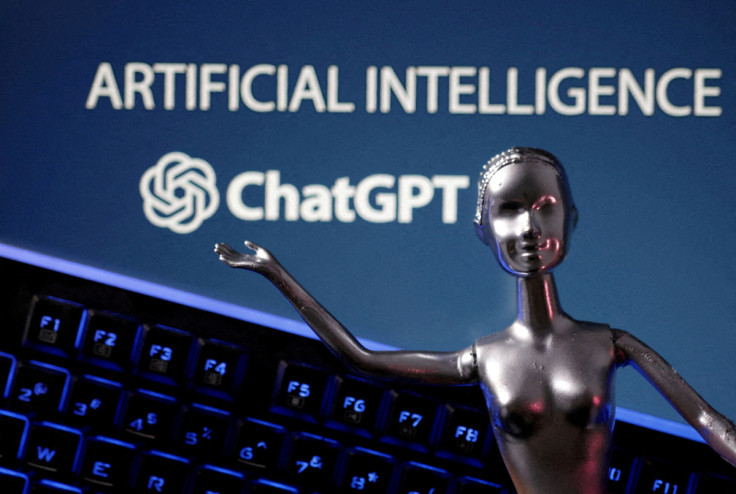Go In To The Office Or AI Will Replace You, Says PwC's UK Boss
Kevin Ellis said as AI is poised to take on routine tasks traditionally given to younger workers, junior staff should seek promotions by regularly working in the office.

The British boss of accounting firm PricewaterhouseCoopers (PwC) says staff should start going into the office to avoid AI taking their jobs.
Kevin Ellis says as AI is poised to take on routine tasks traditionally given to younger workers, junior staff should seek promotions by regularly working in the office.
Generative AI is removing "tasks that in the past our more junior staff trained and cut their teeth on," the chair of PwC UK said during an interview at the World Economic Forum (WEF) in Davos, Switzerland.
Without those tasks, "you've somehow got to get people through the career path faster", he added.
"It's a lot more face-to-face time being important and a lot more developing," Ellis said. "So you have to get people in the office more working together."
Ellis' warning comes as companies try to convince staff to spend more time in the office, with surveys last year showing that managers would prefer less remote working while employees are keen to maintain habits formed during the pandemic.
Ellis is adamant that younger staff in particular should avoid the temptation of working from home.
"If you're asking me my opinion on how you succeed in your career," he said. "I'd be in the office four to five days a week."
There is no doubt that AI will have a tangible impact on almost every workplace in the near future.
PwC released a report showing that British companies are adopting AI more rapidly than their international peers.
The survey of more than 4,600 global CEOs found that 42 per cent of UK bosses said they had implemented the technology in the last year, compared with 32 per cent globally.
This report is supported by a new analysis conducted by the International Monetary Fund (IMF) which suggests the development of generative AI is set to affect almost 40 per cent of all jobs across the globe.
The IMF predicted that while AI will threaten just 26 per cent of jobs in low-income countries, Older-age workers in lower-income employment positions could "fall into poverty".
Ellis, along with many of the world's political and business elite, is in attendance at the WEF conference in Davos this week.
Although the summit typically has an economic focus, it has been used to debate the governance of AI, including a longstanding dispute on whether the technology should be open-sourced and made available to the general public, or kept secure in the hands of a few companies such as Google, OpenAI and Microsoft.
This summit follows the world's first AI conference, hosted by UK Prime Minister Rishi Sunak in Buckinghamshire, in November last year.
In the build-up to the conference, Sunak announced the establishment of a 'world first' UK AI safety institute.
The summit concluded with the signature of the Bletchley Declaration – the agreement of countries including the UK, United States and China on the "need for international action to understand and collectively manage potential risks through a new joint global effort to ensure AI is developed and deployed in a safe, responsible way for the benefit of the global community".
While regulation laws are on the up and the European Parliament is set to vote on the new AI Act deal this year, no legally binding legislation will take effect until at least 2025.
© Copyright IBTimes 2025. All rights reserved.






















